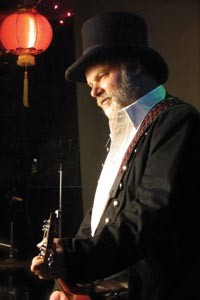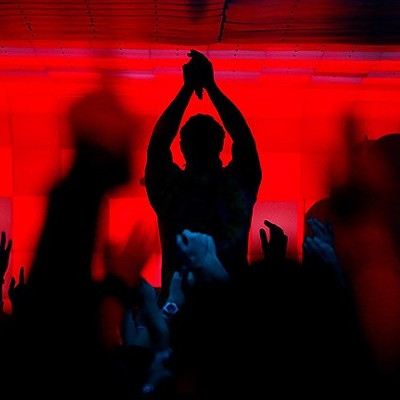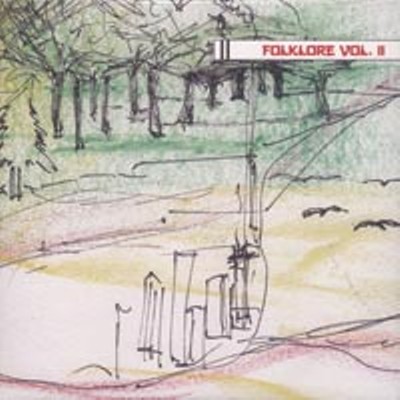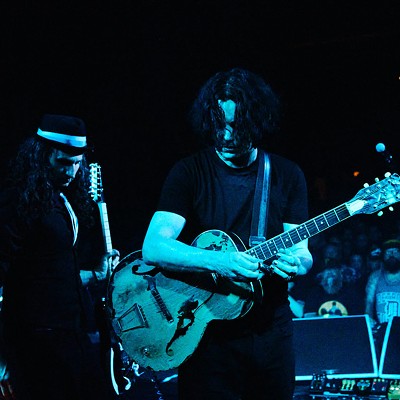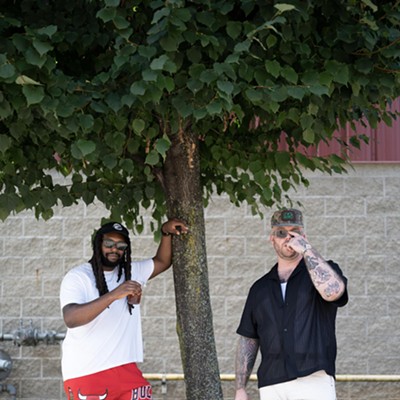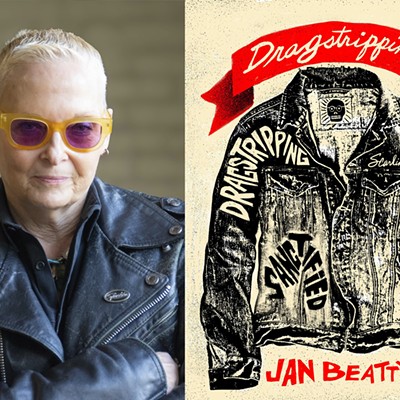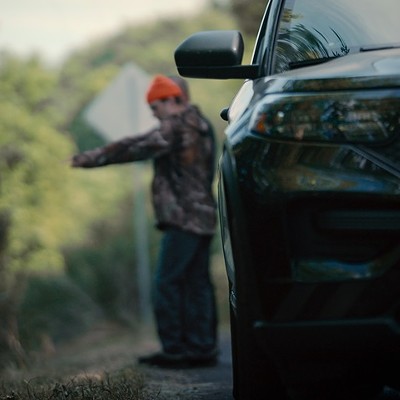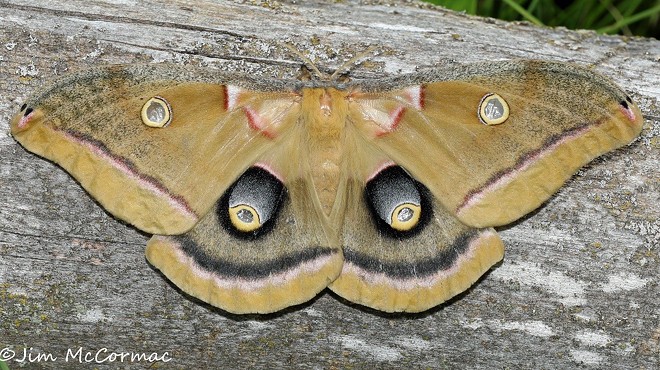Raised on a farm in rural Southern Ontario, near Niagara Falls, Fred Eaglesmith had eight siblings and plenty of chores. So perhaps it's not surprising he should alight young, hitting the rails with six-string in hand before he was 16. You can blame it all on Hawaiian Elvis, a prophetic vision to a young Midwesterner.
"I was very young, like 10 or 12, when I saw Elvis on television and that was the day I decided that was my life, and I never changed," says Eaglesmith. "I was on the farm and walked in from the barn. It was freezing cold and we had just gotten a television. He was doing that Hawaii thing. I was like, 'Really? It's warm, he's surrounded by these girls, singing -- it just looks like so much fun I'm going to do that.'"
Eaglesmith's gaze exceeded his fortune, but there's no shame in that -- or his catalog. Eaglesmith is most comfortable going his own way, and in the last 30 years he's released 15 studio albums that trace his idiosyncratic vision. So while his last album, 2008's Tinderbox, was a gospel album, from its political tone to its gruff dusty style, it was also pure Eaglesmith. The same must be said about his latest, Cha-Cha-Cha, which is inspired by '50s rock, lounge and bossa nova.
Most know Eaglesmith, however, for his rustic portraits: blue-collar guys, hard-luck farmers and other small-town characters in Everyman farm country. Like a rural Springsteen, he traffics in quiet desperation and undying aches. He's even got his own vehicle anthems: singing "I was born in Springtime of the '57 Chevy" on the Neil Young-ish "Indian Motorcycles"; making the '63 Stratochief getaway car the main character of "Pontiac"; and fixating on the speed "Ninety-Nine Miles an Hour" as he leaves a failing relationship behind.
"I was raised on a farm," says Eaglesmith. "It was flat, and hot and dry, and I bailed hay. So I wrote the music about that. It was much more accepted in America because you guys have more of a hillbilly culture. You invented hillbillies."
After 1987's Indiana Road, Eaglesmith returned to the farm for a spell, while touring regionally. It was an ultimately ill-fated experience, but one that did end up sending him to Nashville, where he did a stint as a songwriter, penning songs for Cowboy Junkies, Chris Knight and Dar Williams.
"I was broke," Eaglesmith recalls. "I was seven months behind on the mortgage. The farm had failed, and a guy came up to Canada and said, 'They would really like you in Nashville.'"
A few years later he'd have his breakthrough, 1995's Juno Award-winning Drive-In Movie. He followed that with a couple of albums for Razor & Tie, including 1997's terrific Lipstick, Lies & Gasoline. Though he never sold a lot of copies, the marketing muscle did make enough inroads into America that he now has a dedicated fanbase known as "Fred-heads." Since then he's been releasing his own albums.
Though Eaglesmith initially explored a country, roots-rock style that has much in common with Texas songwriters like Guy Clark, Robert Earl Keen, Joe Ely and Billy Joe Shaver, he's tried to move on ever since the genre began attracting young guys who had goatees and flannel before they "discovered" cowboy boots.
"'Americana' is just a label and this is really just roots music and that's been going on since the Dead Sea was sick," he jokes. "To me, it's already done. It's just that there's nothing new to take its place. Trust me, if there was something else, these guys would jump like flies. I already saw them jump out of punk into Americana. ... I remember when it wasn't their first love. I saw them date some other genres before this. Me, I was playing this music when it wasn't called Americana."
Eaglesmith has been exploring new musical directions for his last couple of albums, from the vaguely political blues-gospel of Tinderbox to the dancy irreverence of Cha-Cha-Cha (with the exception of the amazing "Dynamite and Whiskey" which sounds like Tom Waits with a "Bad Moon Rising"). It's just part of Eaglesmith's plan, which involves leaving anyplace he finds a crowd.
"My experience of life is it's never where everybody's looking," he says. "When everyone's in the stock market, that's the time to get out. When everyone's buying real estate, that's the time to sell. When everyone's at the top of the barrel, looking for those answers, guaranteed one good dive and it's down there."
Fred Eaglesmith with special guest. 8 p.m. Sun., Jan. 2. Thunderbird Café, 4023 Butler St., Lawrenceville. $15 ($18 day of show). 412-682-0177 or www.thunderbirdcafe.net

